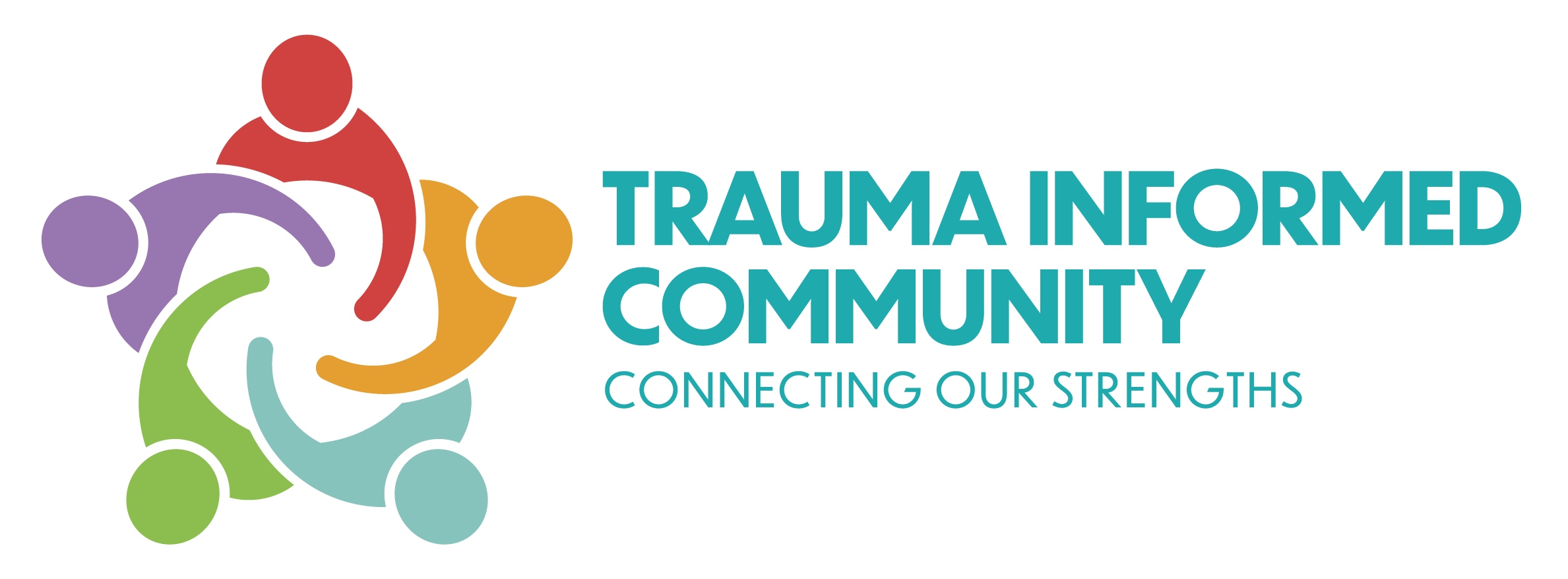Virtual Trauma Informed Care Summit held
This article was originally published in the Hazard Herald, Thursday, June 24, 2021 edition, Page 11A. Republished with permission.
BY KATIE KELLEY
STAFF WRITER, HAZARD HERALD
On June 16, a virtual “Trauma Informed Care Summit” was held in partnership between Save the Children, the Kentucky River Health Consortium and University of Kentucky Center of Excellence in Rural Health. Among the topics discussed in the summit were how different risk factors and life choices can impact the development of a child.
Summit attendees were able to gain knowledge about trauma from both a community and individual perspective, as well as raise awareness of local community services and initiatives around trauma informed care. The summit, said officials, also served as an opportunity to discuss organizational assessment regarding acknowledging and responding to trauma and why it is important in the community.
Dr. Connie G. White, MD, the deputy commissioner of the Kentucky Department for Public Health, served as the keynote speaker during the event. A community panel consisting of professionals from various fields discussed trauma-informed care from the local perspective. Panelists included Terrah D. Combs, M.Ed., LPCC-S, the Rising Center director and representative of Kentucky River Community Care; Cristiana Rush, LCSW, the district health coordinator/behavior consultant for Perry County Schools; Alesha Staley, MSW, a health pro- motion specialist for the Kentucky River District Health Department; Summit Community Church Pastor Mark Combs; Mi- nor Allen, Hazard Police Department chief of police; and Felicia Wright, a victim advocate from the Letcher County Commonwealth Attorney’s Office.
“The first two years of life are a critical window for the hard-wiring of the brain, that social-emotional development,” said White. “We know that social-emotional attachment, that security, that’s the foundation for (a baby) to have cognitive development and a sense of self-identity.”
She said much of the critical development occurs within the first few years of life. Many children, she said, who experience a nurturing childhood have better skills and outcomes than those individuals who do not receive that nurturing atmosphere.
“That nurturing relationship from a caregiver — it could be a mother, it could be a father, it could be a grandma, it could be a football coach, it could be a Sunday school teacher — that nurturing relationship is the key to development,” said White. “The brain builds connections just like a house, and if you have a weak foundation you’re going to compromise that function.”
The first few years of life are important for developing skills needed in the future, said White, and the rest of the baby’s life can depend on the behavior and interactions they receive or are around, as well as the risk factors and life choices they make. “Trauma and violence are the single most prevalent risk factors for children today,” she said.
Children who experience trauma, said White, of- ten develop poor habits and decision-making skills, and form negative connections.
“When you are stressed out as a child your cortisone levels are higher and we know that starts to affect all different parts of the body leading to this chronic dis- ease,” said White. “People in treatment are so much more likely to have had a trauma experience in their lives.
“Kentucky is number one in the nation for kinship care. We’re third in the nation for grandparents raising children because the parent’s are unable to do that because of the opioid crisis, the substance abuse disorder crisis. We’re number one in the nation with children who have had an incarcerated parent,” White said, explaining that all of these can affect brain development in children.
The trauma experienced by a child can be in many forms, she said, such as seeing police activity, overdoses, abuse, violence and more.
White said that, as a community, people need to try to be understanding and supportive of others who may have experienced trauma in their childhood.
“We as providers, we as community members, have to understand when some- one comes to us with their life lessons — with their life activities — we have to realize that these may come out of a trauma backed situation,” said White. “Built people build people. If you take the genetics you were born with and you had those secure structures and you had people to build you where you are today, you are a giver and you are helping to build people by being that positive, protective factor.”
